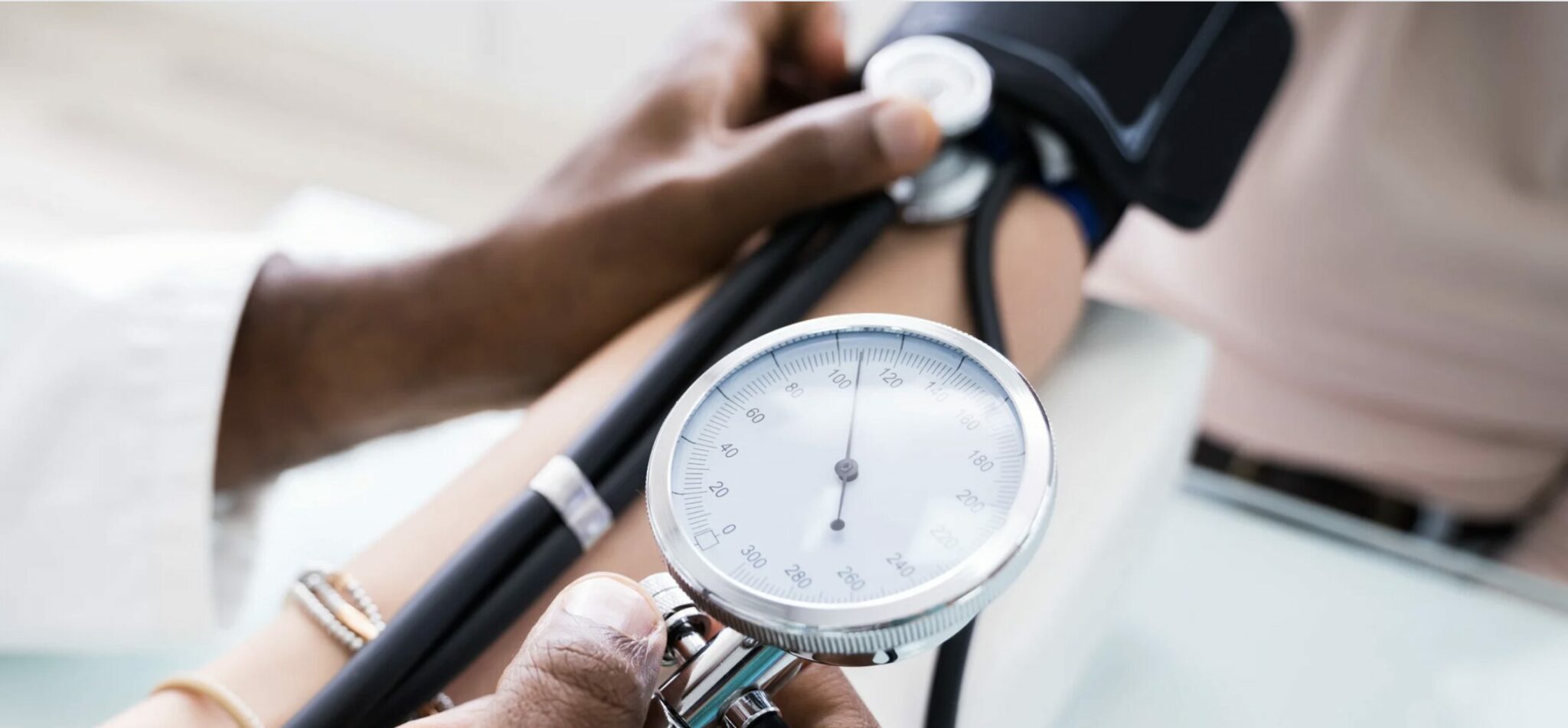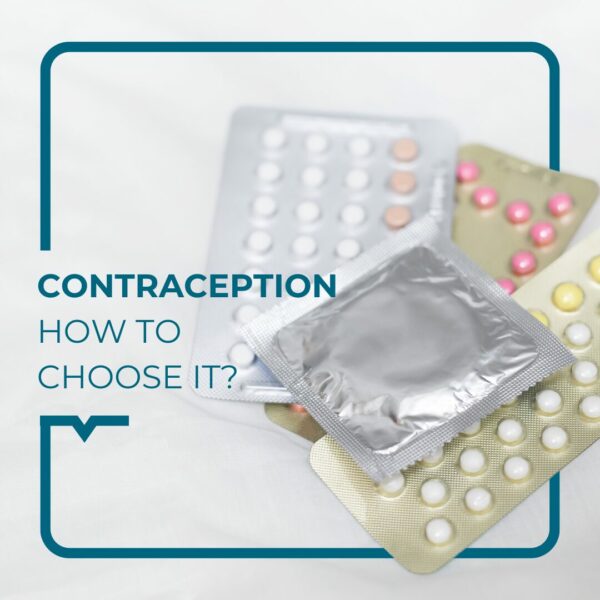It is estimated that 46% of adults with arterial hypertension are unaware of it. Yet it is one of the leading causes of premature death in the world.
Olá, it’s Dr Joy,
Let’s talk about it today!
Vamos!
Hypertension: What is it?
Hypertension is a condition that affects the blood pressure in our body. Blood pressure is the force exerted by our blood against the walls of our blood vessels. When this pressure is too high, we speak of hypertension.
Hypertension is measured using a blood pressure monitor.
To qualify as hypertension, you need :
- an increase in systolic blood pressure of 14 cmHg (140 mmHg) or more.
- or an increase in diastolic blood pressure of 9 cmHg (90 mmHg) or more
- these measurements are recorded on several occasions, during 3 successive consultations over a period of 3 to 6 months (in the case of very high blood pressure, treatment is started within a shorter period).
What are the symptoms?
Often referred to as the “silent killer”, hypertension can present no symptoms for years. That’s why it’s important to monitor your blood pressure regularly.
However, some symptoms do occur:
- Frequent headaches
- Dizziness
- Fatigue and weakness
- Shortness of breath
- Irregular heartbeat
- Hot flushes
- Tinnitus (ringing in the ears)
- Blurred vision
These symptoms can also be caused by other health problems, so it’s important to consult a healthcare professional for an accurate diagnosis.
Who is at risk of developing hypertension?
Hypertension can affect anyone, regardless of age, sex, ethnicity or general state of health. However, some people are more at risk than others, such as those who :
- have a family history of high blood pressure
- are overweight or obese
- have a sedentary or inactive lifestyle
- smokers and excessive alcohol consumers
- suffer from chronic stress
- suffer from sleep apnoea
- with diabetes, kidney disease, cardiovascular disease or endocrine disorders
How is hypertension treated?
This condition is often treated with medication, requiring ongoing adjustments, including regular follow-up with a doctor in the first instance.
To accompany this drug treatment or to treat minor hypertension, a number of measure can be taken:
- Adopt a healthy lifestyle by eating a balanced diet and exercising regularly
- Reduce salt and alcohol consumption
- Manage stress using relaxation techniques such as meditation and yoga
- Losing weight if necessary
- Stop smoking
- Taking anti-hypertensive medication, if prescribed by a health professional
In addition, the help of a nutritionist can be beneficial in developing a suitable and healthy diet plan.
Até já,
Dr Joy.
This information is in no way intended to replace medical advice. It is imperative that you seek the advice of your doctor or other qualified health professional for any questions relating to your state of health.
Sources:



